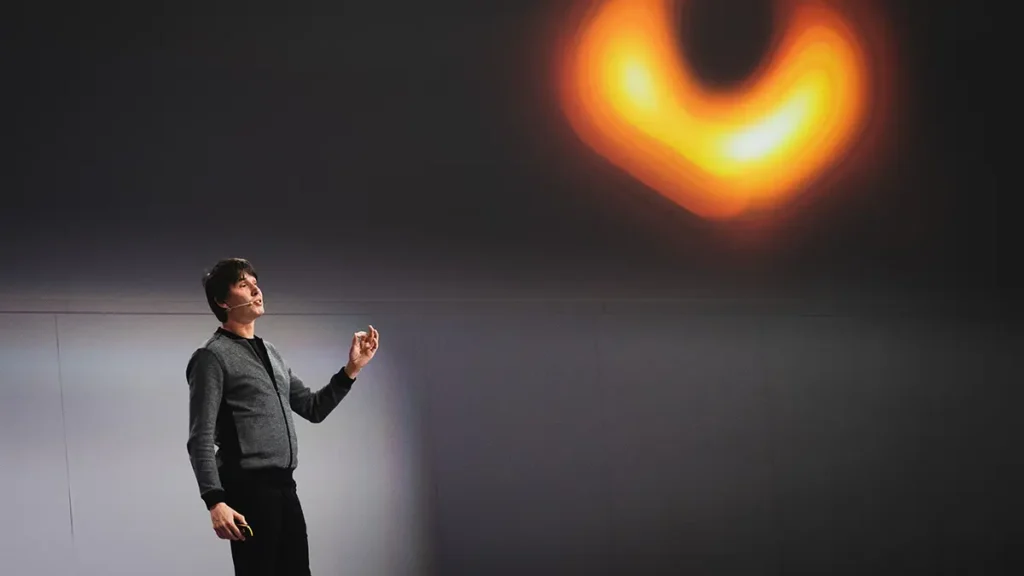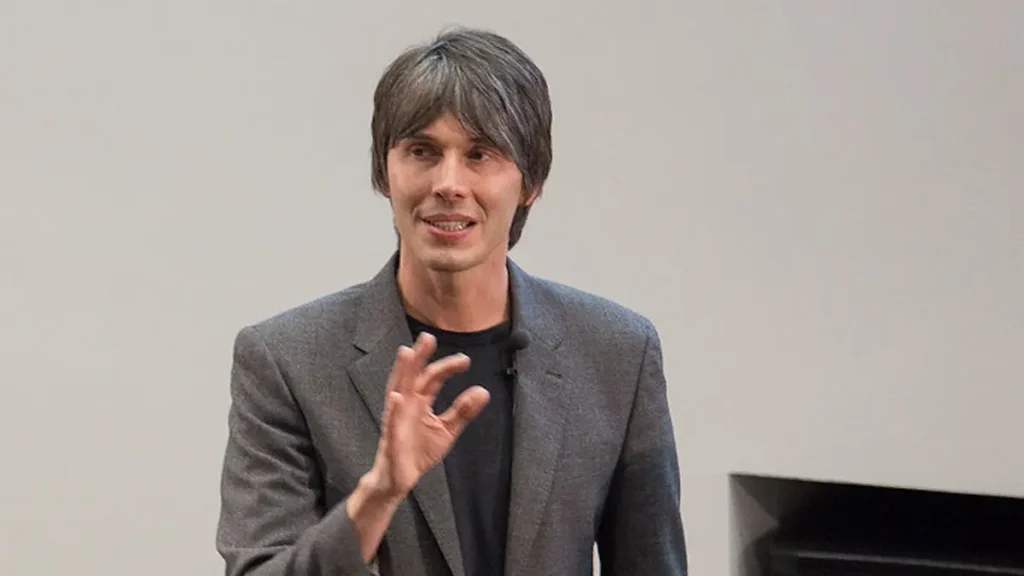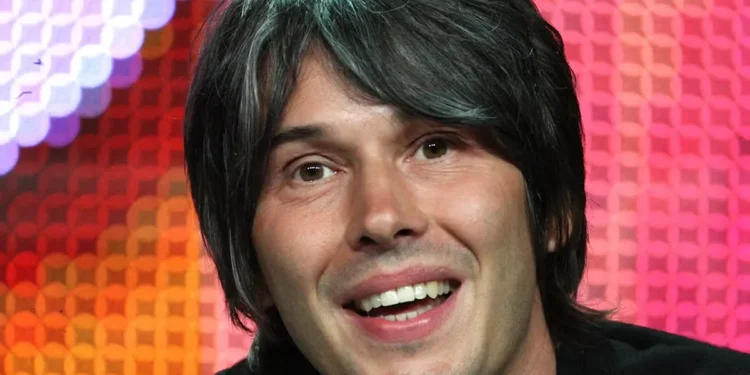Discover how Professor Brian Cox, renowned for seamlessly blending entertainment and science, has made his unique journey from musician to physicist.
From Pop Star to Physicist: Brian Cox’s Early Years
Brian Cox’s journey to becoming a prominent figure in science communication is as unconventional as it is inspiring. Before delving into the cosmos, Cox found fame in the early 1990s as the keyboard player for the British pop band D:REAM – best known for their hit Things Can Only Get Better.
This early career in music laid the foundation for his unique approach to his current profession: blending the appeal of pop culture with the intricacies of science. Cox often reflects on this period as instrumental in shaping his public persona.
Cox says: “Being in D:REAM was more than just making music; it was about conveying profound messages and evoking deep emotions in our audience, similar to what I strive to achieve in science communication. It’s about connecting, engaging, and inspiring people, bridging the gap between art and science.”

The Transition to Science
Transitioning from pop music to particle physics, Cox pursued his passion for understanding the universe and it helps that his academic achievements are remarkable. He received a Ph.D. in high-energy particle physics from the University of Manchester and later became a professor at the same institution.
The 56-year-old’s research at the Large Hadron Collider at CERN has contributed significantly to our understanding of fundamental particles and forces. His work, characterized by rigor and innovation, sheds light on the foundational elements that govern our universe, marking significant strides in the field of physics.
“Working at CERN felt like being an integral part of history in the making. Each discovery, each breakthrough, propelled us further into the depths of understanding, bringing us incrementally closer to unravelling the intricate and profound mysteries that constitute the very fabric of the universe.”
Making Science Accessible
Cox’s knack for making complex scientific ideas accessible and intriguing propelled him to household name status. His collaboration with comedian Robin Ince on BBC Radio 4’s The Infinite Monkey Cage exemplifies this skill.
The podcast – marrying humour with science – broadens the appeal of scientific discourse. Cox emphasises, “Science isn’t just for scientists. Our aim with Monkey Cage is to make it as clear and entertaining as possible, a fundamental part of our culture.”
His impact extends beyond radio, with several successful BBC television programs, including Wonders of the Solar System and Wonders of the Universe. These series have brought astrophysics into the living rooms of millions, igniting curiosity and wonder about the cosmos.
Reflecting on the impact of these programs, Oldham-born Cox says: “Those shows are more than just educational; they’re a celebration of human curiosity and our relentless pursuit of understanding.”

A New Venture: Horizons
At the end of 2023 at the Sydney Opera House, he embarked on a new venture: Horizons: A 21st Century Space Odyssey, which was followed by a UK and European tour starting in January, blending science, music and visuals to create an immersive experience and encapsulating Cox’s unique ability to merge his passions for science and entertainment.
He says: “Horizons isn’t just a lecture; it’s a journey through the wonders of the universe, designed to inspire and amaze. My journey might seem unusual, but at their core, they’re both about exploration and expression. Whether it’s through a song or a lecture, the goal is to evoke wonder and understanding.”
“The beauty of science lies in its ability to amaze and inspire. It’s a never-ending journey of discovery, and I’m just fortunate to be a part of it.”








